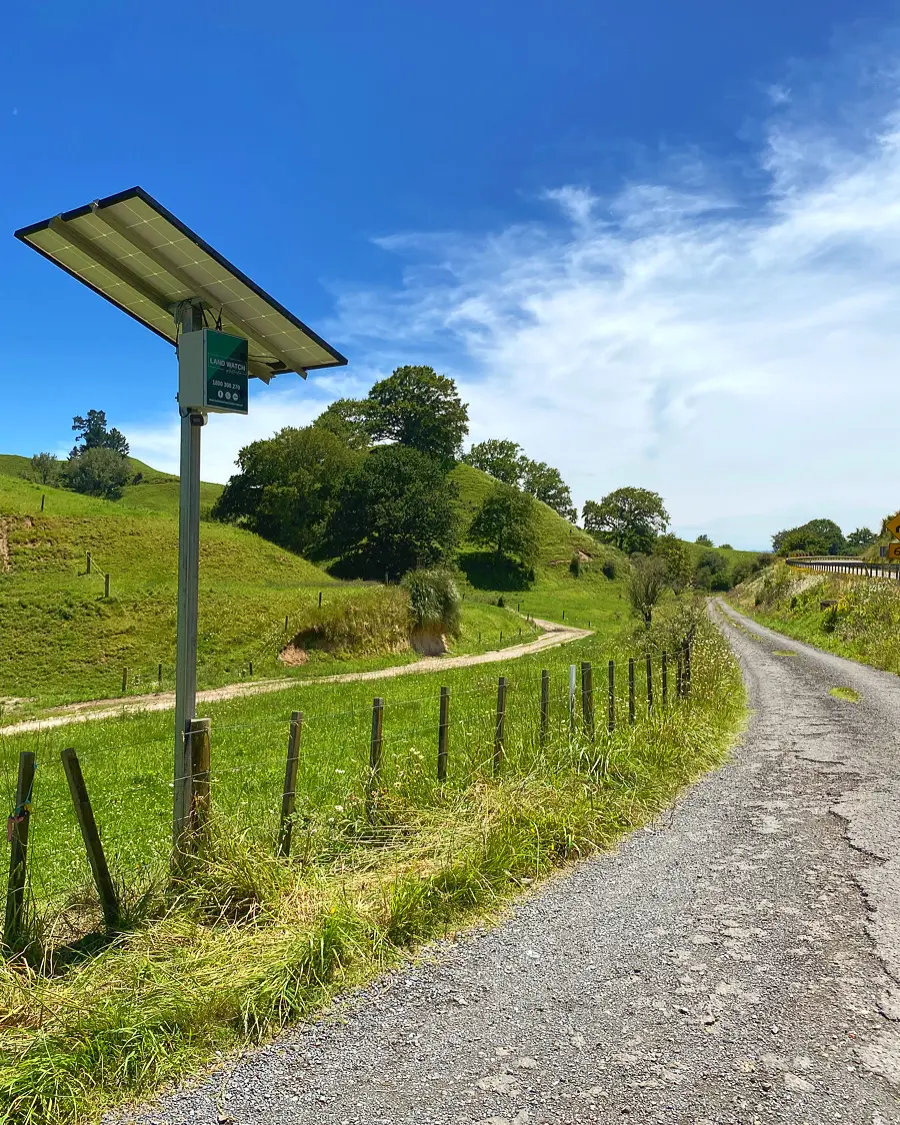The Camera Who Cried Wolf!
We all know the story of the boy who cried wolf. Around here it would more accurately be the boy who cried “DINGO!” It’s a story about a kid who keeps calling out to his dad that a wolf is going to get him and every time his dad comes out to the field, he finds the kid was just pulling a prank. Until the third time he hears it and decides not to investigate. Only this time, there really is a wolf and now it has eaten the kid.
Our version is the ‘city boy’ who cried “PIG!”, and I’m sure most of you can relate! You try and do the nice thing and take a city boy out hunting one afternoon. Before you’re even out of the home paddock he’s yelling out “pig, pig!”. Well, everyone jumps into action and lines it up in the scope only to find a lovely stump 100m out at 3 o’clock. Two minutes later the same bloke gives another enthusiastic yell for “Pig, Pig!” Once the rest of the crew look over, it becomes obvious that it is, in fact, a kangaroo in the shade crouching down.
Needless to say, whenever he would claim sighting, from then on, it was ignored. Maybe he saw an old trough or maybe the next time there was actually a pig. Either way, trust was lost.
This is not the same for a Land Watch system. We understand that it only takes a couple false alarms before the alarm is ignored completely. And like our city friend, whilst all intentions may be good, the result is a loss in trust. We know that when it comes to pig hunting, a trained, experienced eye, removes most of the false calls and a double check from a slightly different angle can provide that extra clarity. So to when it comes to a security camera.
This is why Land Watch systems use a new generation of SMART cameras with built in analytics that can narrow down on the area of detection and reduce the likelihood of a false alarm. It does this by having a virtual trip line across the grid for example. When that line is crossed, the camera has a look at the object crossing the line and determines if it is in fact a vehicle, or is it a bird, or dog or tumbleweed. Even better is if we use two trip lines. Just to make it double check. Like waiting a second to see what the stump looks like from a different angle before yelling out, “PIG!”. This means no midnight wake-up thinking someone has entered the property when it is really just a branch moving and no disrupting a family lunch because a kangaroo hops across in front of the camera.
We know that it only takes 2 or 3 such events before you start to ignore the alerts thinking its just another false alarm. Until one day, like our boy with the wolf, when it’s not.

